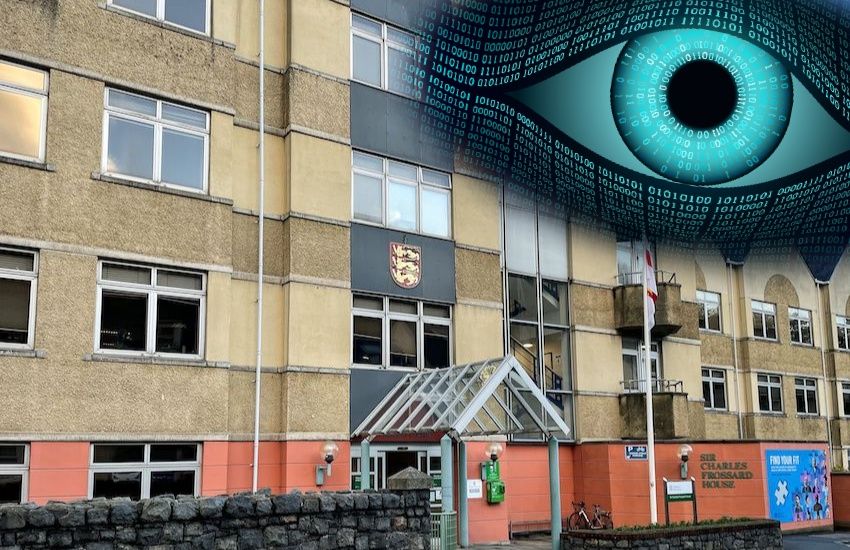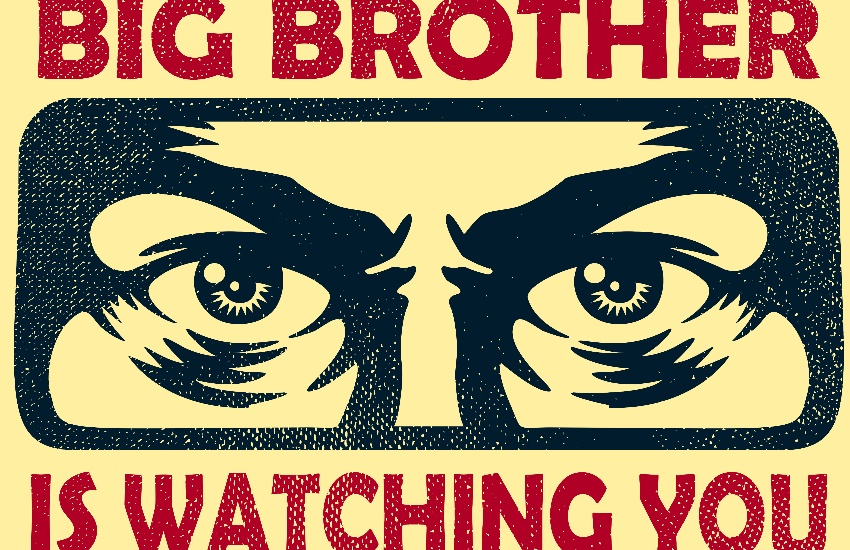


Fears that sharing information from the electoral roll with the central government register would amount to ‘Big Brother’ style surveillance were dismissed by the States yesterday.
Deputies backed Home Affairs’ termly policy letter to begin preparing the electoral roll and run an engagement campaign in anticipation of the next election in 2025.
But an amendment from Policy & Resources courted controversy. It asked for an investigation into whether data collected from the electoral roll could be used to update a central government database, known as the Register of Contacts.
Deputy Peter Ferbrache was critical of it, saying it could help to enable “Big Brother”.
“I don’t like public authorities knowing everything about anybody... it’s clearly necessary for the electoral roll but this other bit just bothers me... people should be able to keep information confidential if they want to.”
Deputy Peter Roffey also expressed concerns, saying people may be discouraged from signing up to the roll and participating in democratic elections if they are reticent for their data to be shared for other purposes.
Others said only an investigation into data sharing was being requested, and such a move would follow the path of other jurisdictions to digitise the public sector and reduce costs.
Deputy Sasha Kazantseva-Miller said if government doesn’t have reliable sources of information “then no one does”.
“The fact is we do have the information, but it sits in different places, in different databases, which can’t speak to each other... we need to move into the digital age."
Deputy Bob Murray, P&R’s IT lead, agreed adding that the possibility of such data being use for nefarious purposes already exists. Centralising the data would improve efficiency for the States and the public by being able to update all government records in a single place whenever a change is registered.
The information would be limited to name, address, date of birth and optionally a phone number. Deputies supported the amendment by 33 votes to five.

Pictured: Big Brother-esque concerns were dismissed.
The next electoral roll will also include data sharing with credit reference agencies to smoothen out issues with access to certain banking services.
Deputy Prow said this would assist with the verification process needed for setting up accounts, and there is a well-established precedent for this in the UK. The only difference is registration on the electoral roll isn’t compulsory in Guernsey.
He said the necessary protections and controls will be considered and put in place before making this change.
Others were concerned that Home Affairs weren’t doing enough to investigate and understand why many choose not to register on the roll, with only 60% of those eligible doing so in 2020 with the worst group being those aged 25 to 40.
There were also concerns that the seven-week gap between registration closing and the election was too long, especially since automatic registrations exist in other jurisdictions.
But these concerns weren’t enough to sink the proposal, which was passed with over three quarters of the vote.
Comments
Comments on this story express the views of the commentator only, not Bailiwick Publishing. We are unable to guarantee the accuracy of any of those comments.